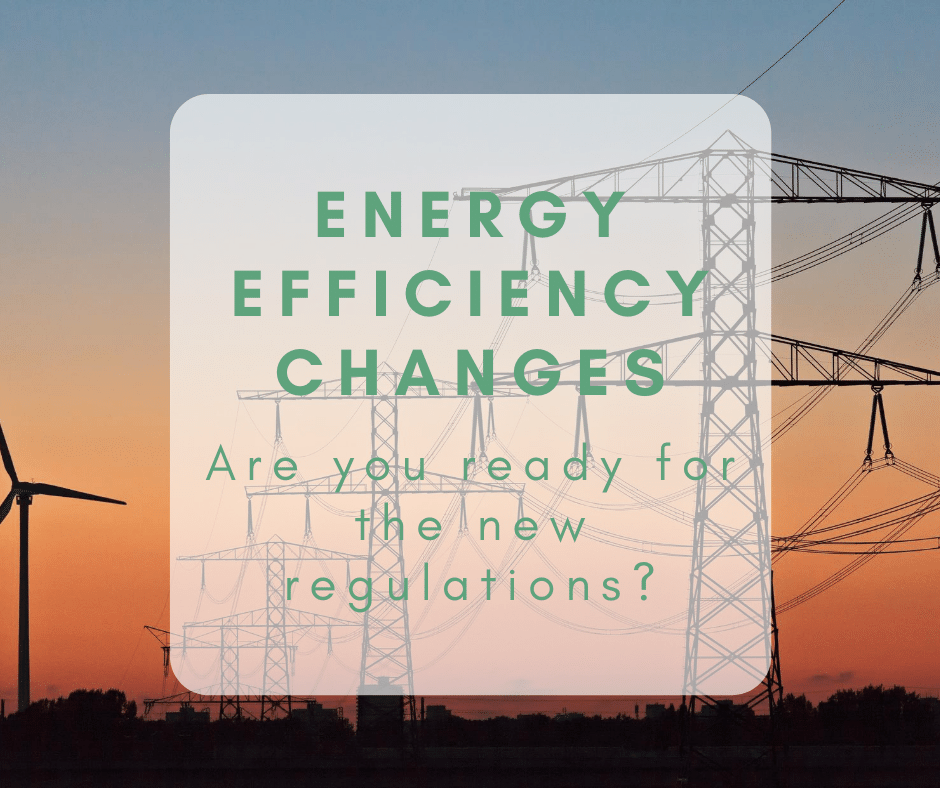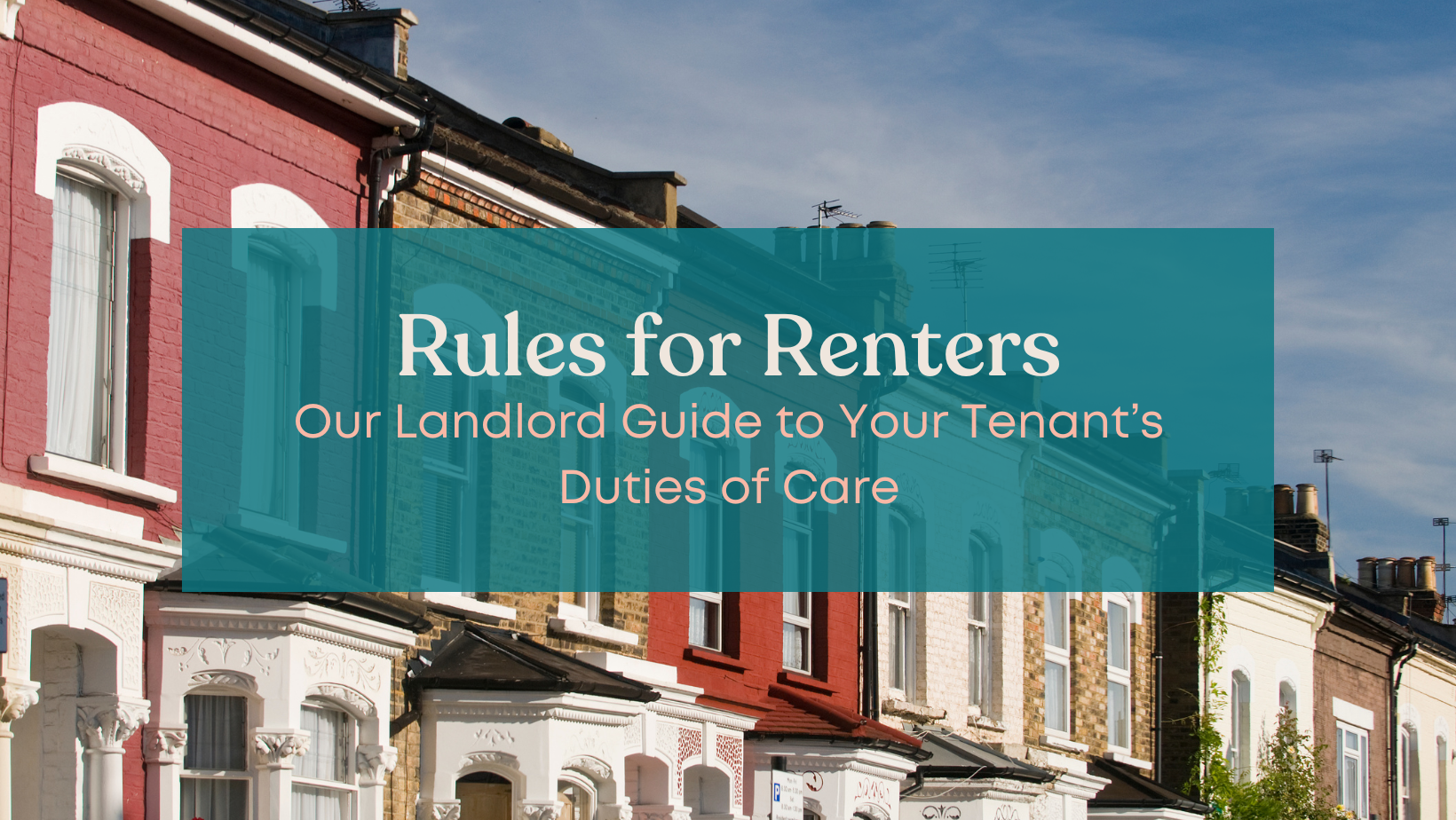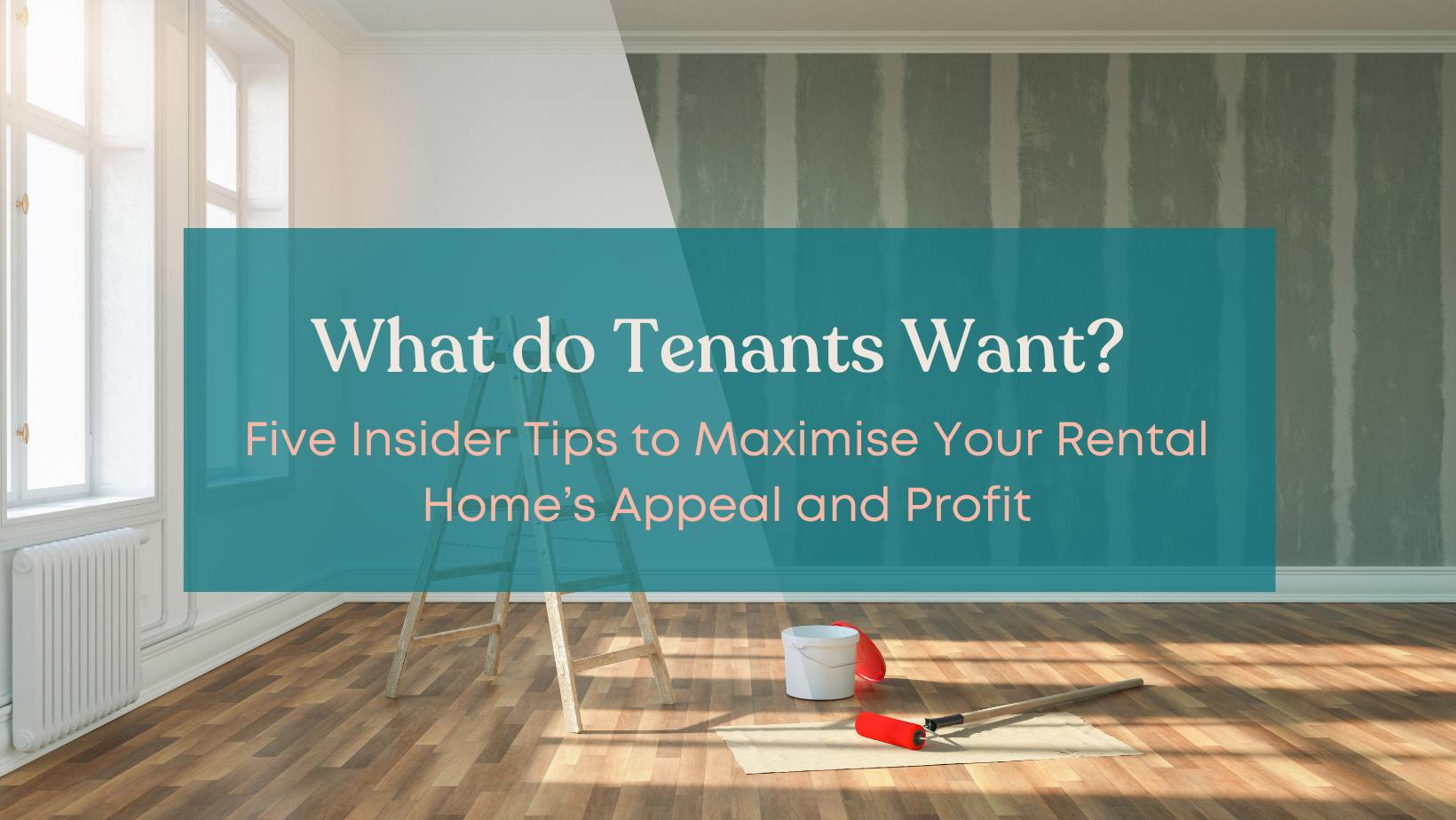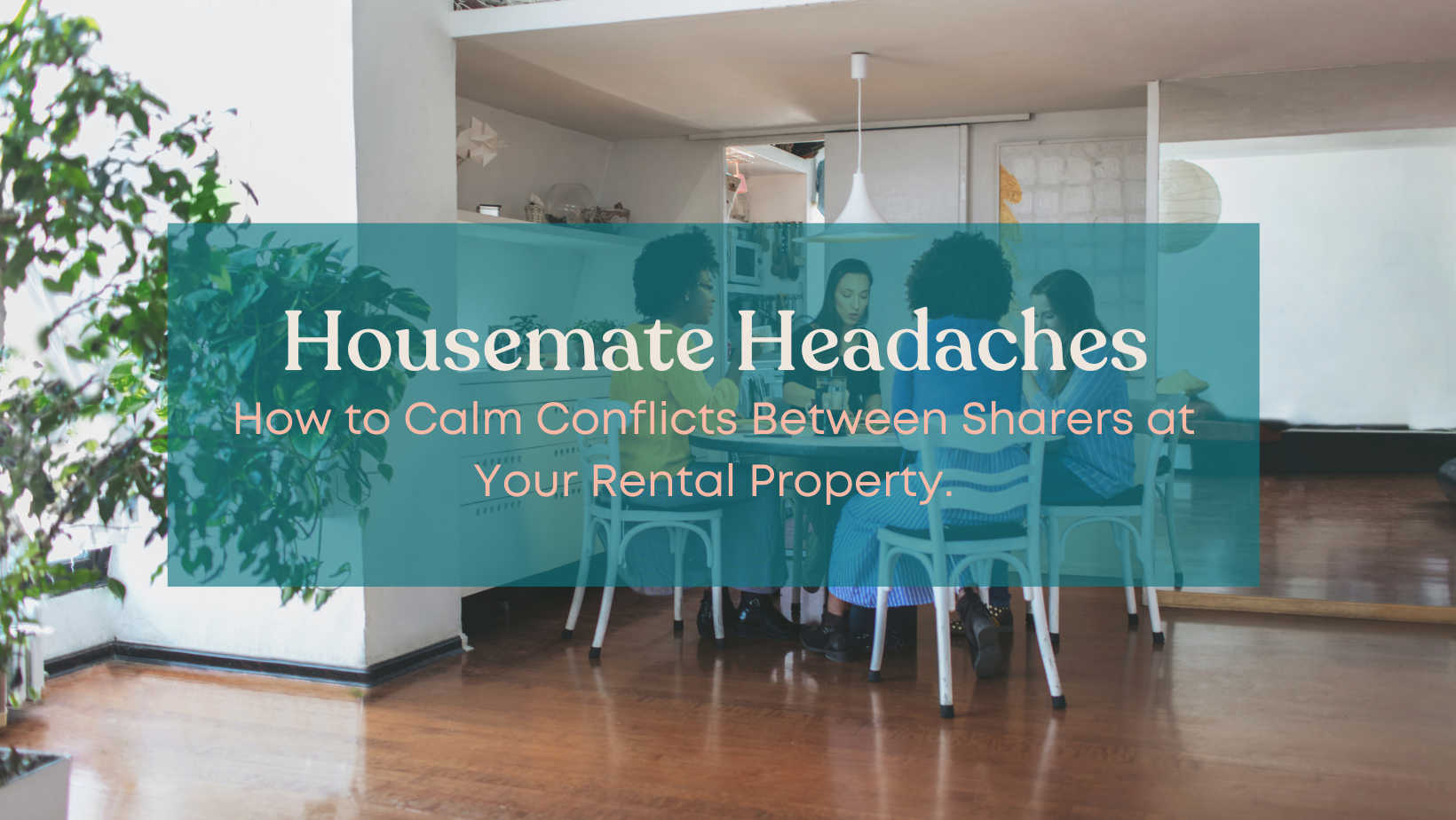Since 1st April 2018, all residential properties (apart from a few exemptions) in England and Wales have been required to have a minimum EPC (Energy Performance Certificate) rating of E. From 1st April 2020, this law was extended to include existing tenancies. From 1st April 2023, this will be extended to include commercial rentals, too.
There is currently discussion around raising this standard to a rating of C by 2030, so it's something that all Landlords should be aware of now and in the future.
What if my property falls below the standard?
Don't panic. In short, Landlords can face financial penalties for not meeting the minimum requirements, but if you're reading this then it's very likely that you're doing your best to stay on top of your obligations.
If your tenancy began on or after 1st April 2018, then you probably already meet the standard, but you can check your EPC if you're concerned. If you're not sure, or don't know where to find it, drop me a message or call anytime, I'd be happy to help you get a copy. If it doesn't quite make the E rating, there are some things that can be done to improve it.
How can I improve my property's energy performance rating?
Unfortunately, the most effective changes all have a fairly significant cost attached to them, but more on that in a minute.
The best ways to bring that rating up quickly are:
- Cavity wall insulation
- Loft insulation
- Double glazing, or repairing blown double glazing units
- A new modern boiler
- New modern external doors
After any of these changes, you'll need to get a new EPC done to show your new higher rating. (I can help with that too!)
What about paying for it?
Since 1 April 2019, landlords of domestic properties with an EPC rating below E must carry out up to £3,500 (inc. VAT) worth of works improving their energy efficiency if they cannot obtain third-party funding to meet the costs. This is not a cap and more can be spent if a landlord chooses, and equally if you can meet your obligation for less then you're covered, but the £3,500 is the minimum spend to attempt to bring the property up to standard. If you're unable to spend more and still fall short of the E rating, you can apply for an exemption.
There are some Government grants available to help pay towards the cost of energy efficiency improvements, called the Green Deal.
You can check eligibility and apply through the website:



 By
By 

 By
By 
Share this with
Email
Facebook
Messenger
Twitter
Pinterest
LinkedIn
Copy this link